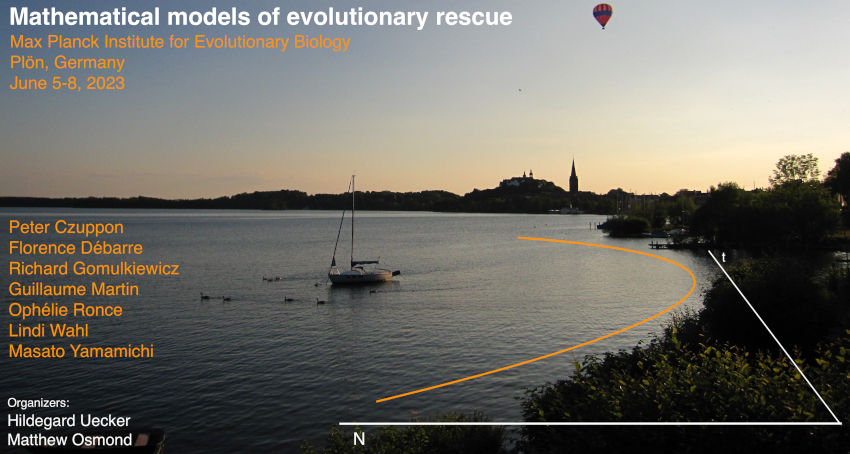Speaker
Description
Over the last three decades, there has been mounting interest in the population level consequences of sexual selection. In particular, such selection has been argued to benefit populations by decreasing the frequency of deleterious alleles (reducing mutation load) and expediting adaptation to new environmental conditions. This occurs because male mating traits typically show strong condition-dependence, so that sexual trait expression correlates positively with the expression of adaptive ecological phenotypes (and the genes encoding them). Mate competition therefore indirectly favours “good” alleles that are beneficial to both sexes, and so sexual selection increases mean fitness and population recruitment rates. Current theory of good genes sexual selection has assumed that male sexual traits do not influence female fitness directly. However, many sexually selected male traits in fact reduce female fitness during mating (e.g. damaging harassment behaviours, traumatic insemination, or manipulation over parental care), known as male harm or interlocus sexual conflict. Here, using mathematical and computational models, we show that in the presence of male harming traits, populations in good condition (i.e. that are well adapted/exhibit low mutation load) show exacerbated sexual conflict, so diminishing female fitness. Furthermore, in favouring good genes, we find that sexual selection boosts sexual trait expression and that this can reduce population viability by intensifying agonistic interactions between individuals. These results indicate that demographic benefits of good genes may be less widespread than previously thought, and highlight the need to consider the direct fitness consequences of trait variation when predicting population consequences of selection on mutation load.

